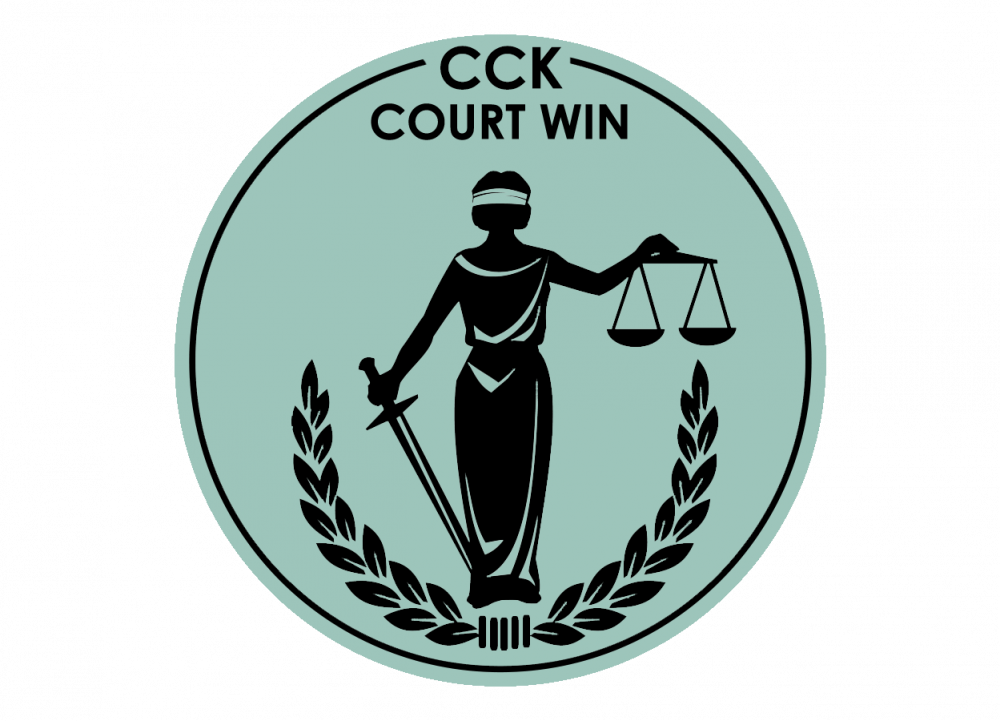BVA denial of increased rating for costochondritis and TDIU relied on inadequate reasons or bases

CCK Law: Our Vital Role in Veterans Law
Summary
The Veteran served on active duty in the Air Force from 1966 to 1970. The VA granted him service connection for costochondritis with a noncompensable rating from date of discharge. A VA examination dated October 23, 1999 revealed mild chronic pain with approximately ten annual flare ups. Accordingly, the Regional Office granted an increased rating of 10% in February 2000.
Board denied increased rating for costochondritis prior to December 2010
The Veteran filed another increased rating claim for his costochondritis in 2007. In April 2011, the Board denied a schedular rating higher than 10% for the condition. This decision also remanded his claim for consideration of entitlement to an extraschedular rating and TDIU. The Board again remanded the Veteran’s claim in August 2012 to obtain additional treatment records and a new VA examination. In November 2014, the Board yet again remanded the Veteran’s claim for an examination to reassess the severity of the Veteran’s costochondritis. Furthermore, they required referral to the Director of Compensation Service for extraschedular consideration.
CCK appeals to the Court
CCK successfully appealed to the Court the denial of an increased rating for the Veteran’s service-connected costochondritis on an extraschedular basis and TDIU. In its decision, the Board relied on the fact that a VA examiner had not opined that the Veteran was unemployable. The Board also agreed with the Director of Compensation Service and concluded that an extraschedular rating was not warranted.
CAVC agrees with CCK’s arguments
CCK argued, and the Court agreed, that the Board provided inadequate reasons or bases for its denial of an increased rating on an extraschedular basis and denial of TDIU. Specifically, the Court agreed that the Board inadequately considered the Veteran’s disability picture and whether he had “marked interference with employment.” The Court also agreed that the Board improperly required evidence that the Veteran was unemployable and impermissibly considered his non-service-connected back disability. Accordingly, the Court set aside the Board’s decision and remanded the matters for readjudication.
About the Author
Share this Post
